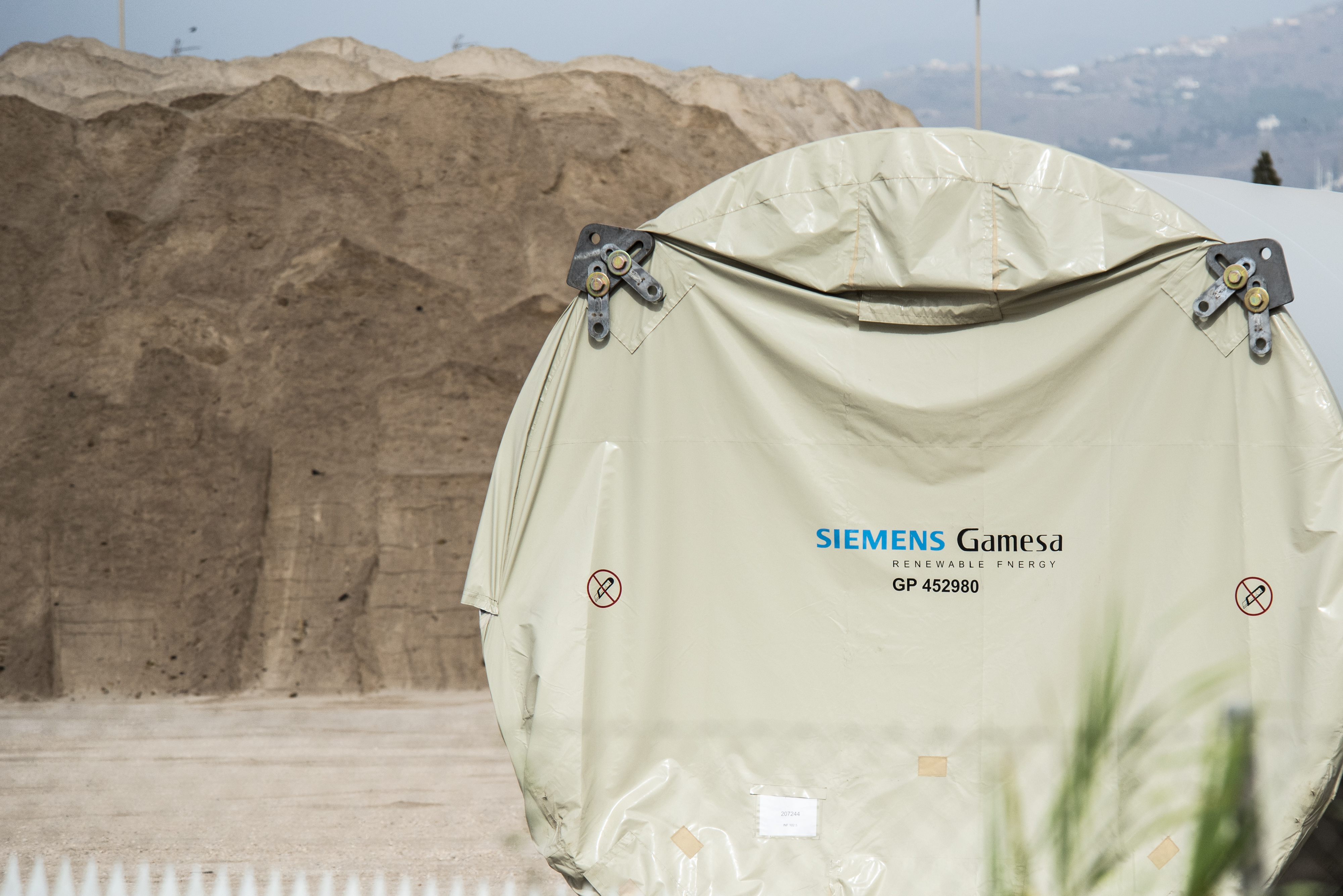Asked FMC's Venezuelan subsidiary about Sahara imports

Western Sahara Resource Watch today asked FMC Corp’s subsidiary in Venezuela for the fourth time questions regarding its controversial imports from occupied Western Sahara. WSRW can reveal that the company might have imported twice during the last year, in spite of the mother company’s promises to investors that the imports have ended.
LATEST: Tripoliven clarifies it does not import from Western Sahara.
LATEST: Tripoliven clarifies it does not import from Western Sahara.
Published 19 February 2013
Western Sahara Resource Watch today asked FMC Corp’s subsidiary in Venezuela for the fourth time questions regarding its controversial imports from occupied Western Sahara. WSRW can reveal that the company might have imported twice during the last year, in spite of the mother company’s promises to investors that the imports have ended.
LATEST: Tripoliven clarifies it does not import from Western Sahara.
Graphics: Trygg Mat
11 January 2013, the bulk vessel 'Silverstar' arrived the port of Puerto Cabello, Venezuela, with a cargo of phosphate rock from Western Sahara. The vessel has a carry capacity of 30.000 tonnes of phosphates. The graphic above shows the vessel’s route. This was the second arrival to Puerto Cabellos in 6 months. Approximately 30 July 2012, another vessel, the Panama flagged 'Super Adventure', of approximately the same size, made the same journey.
The importer is most likely the part state owned – part FMC Corp owned- company Tripoliven.
UPDATE, 18. Feb 2013:Tripoliven clarifies it does not import from Western Sahara. (18.02.2013)
Tripoliven: "We do not import from Western Sahara"The Venezuelan company, partly owned by FMC Corp, stated in a mail to WSRW today that it does not import phosphate rock from Western Sahara.
Read more
Read more
One week after 'Super Adventure' arrived Venezuela, FMC Corp in the US sent a letter to the Norwegian government pension fund, stating that neither FMC Corporation, FMC Foret nor any other subsidiary of FMC Corporation any longer purchased phosphate from any source, including Western Sahara. Furthermore, neither FMC Corporation nor its subsidiaries had any plans or agreements that include future purchases of phosphates from Western Sahara, according to the letter.
In this light, the two recent cargos to Puerto Cabello means, logically, one of the following:
1) Tripoliven has stopped importing, and another company in Puerto Cabellos has taken over the Venezuelan company’s decades long imports from Western Sahara.
2) FMC Corp does not consider Tripoliven to be one of its subsidiaries, either because the shares have been sold, or of semantic considerations.
3) There was an error in FMC Corp’s letter to the Norwegian government pension fund.
Western Sahara Resource Watch wrote to the Venezuelan company Tripoliven on 12 December 2011, 25 November 2010 and 3 June 2008.
None of the letters were responded to. WSRW sent a new letter to Tripoliven today.
News
SRI update
The following overview enlists stock-exchange registered companies with current or recent operations in occupied Western Sahara. Updated 10 April 2025.
23 April 2025
Siemens Energy misrepresents EU Court rulings
The German multinational - which supplies the Moroccan energy projects in the occupied territory - fails to grasp EU court rulings.
07 April 2025
Brazilian cement giant Votorantim behind sand plunder
WSRW was present as the Brazilian company Votorantim last week received a cargo of sand from occupied Western Sahara in Tenerife, Spain.
27 March 2025
Engie starts power production on occupied land
WSRW strongly condemns Engie's blatant disdain for international law in occupied Western Sahara.
26 March 2025


